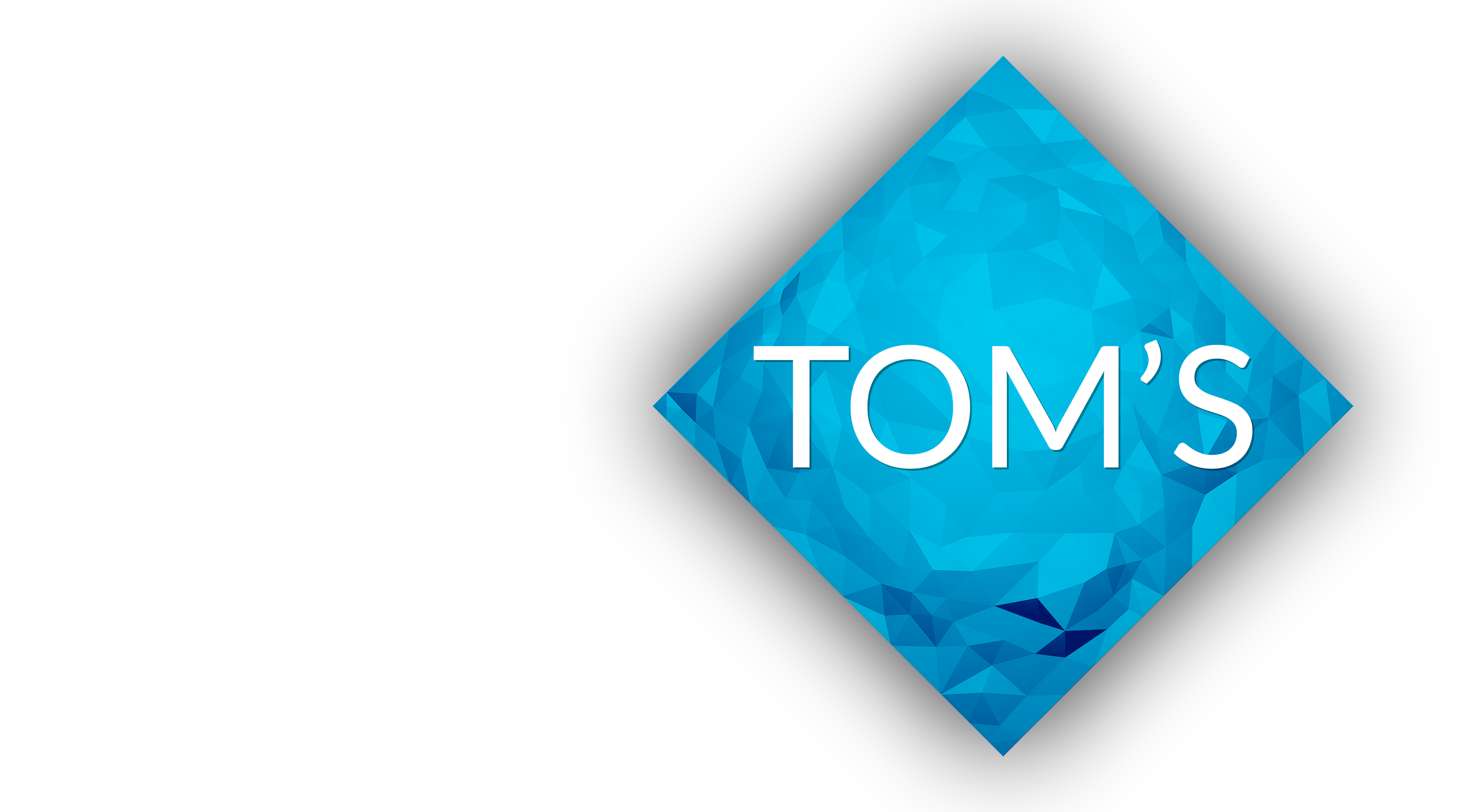Brothers. Sisters. I want to apologize. For years you have put your trust in me and for years I have led you astray. Not by evil intent, but by misguided conviction. And for that, I am sorry. I believed open source and the free sharing of information would bring upon a new age. A new age of innovation, creativity and community. And, with a hopeful heart, I preached its benefits to you and reprimanded those who would twist the spirit of free and libre development. But I could not succeed. As the years moved on, scroungers started to appear one by one, and for their uncostly offerings, we welcomed them into our community with open arms. But the success of the leech is the downfall of the host. The host’s hard work to share their knowledge benefited not themselves, it benefited everyone but themselves. And so they will not sustain. I am sorry for having advocated these foolish practices. As it is not the hosts’ task to provide for parasites. His task is to protect himself and to sustain himself. So brothers, sisters, I urge you to follow me into accepting this new reality. Open Source is the evil one’s way / of guilting those you admire into giving up their hard work. It will only lead to them clearing the markets in the favor of those who profited from them. We should not embrace this. Instead, embrace and accept the hosts’ instinct for survival and self-preservation. Discard your wicked beliefs. Join me in accepting our new lord and savior. Join me in accepting THE PATENT.
Okay, maybe that intro was a bit melodramatic. But… it’s true. I don’t think open source is currently looking like it’s working out so well, and when you put the core idea of open source into simpler terms, the entire concept just starts sounding like a scam. Both scamming the companies who were sharing their work as open source and also scamming people like me into promoting a scheme that ultimately ended up hurting or even killing the companies that I thought were making good products. Companies publishing their work simply are at a double disadvantage.
I mean, put it like this, right? Given the option to buy one of two products, one cheap, one more expensive. Generally, they would do the same thing almost equally well – but with the more expensive option, a good chunk of what you’re paying extra would go towards / subsidizing the cheaper one. Would there be any reason to get the more expensive one?
For you as the customer, I mean.
For the greater market, sure, open source products do great things to improve all the designs and tools that are available out there, because by sharing their mechanical design and software code, others can get a head start in developing their own, maybe better products or even just take cues from what worked and what didn’t, and in the end make a better product / without having to put the effort into re-developing everything from scratch.
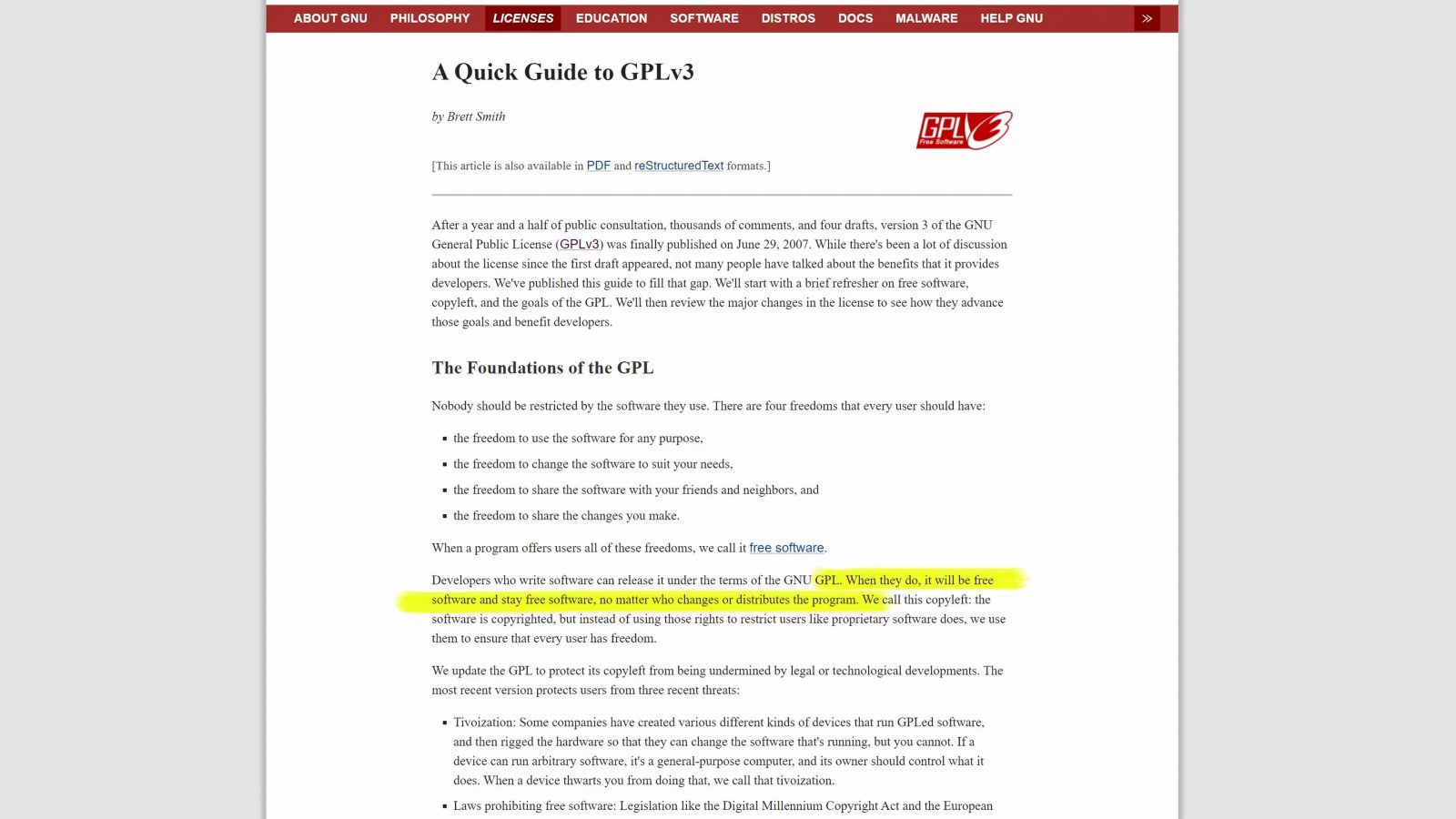
But the problem is, this is often a one-way street. Theoretically, licenses like the GPL require new code that’s built on top of existing open-source code to be published under the same free license as well, but in practice, this simply doesn’t work. In the 3D printing space, it seems like every week there’s a new case found out of a company using open-source tools like the Marlin firmware or Klipper, PrusaSlicer, or Cura, or just parts of them in their own products without complying with the license. If you can even uncover them because if they kit-bash their own proprietary software from open-source components, it’s going to be near impossible to even find out there’s something fishy going on. But even if they properly comply with the license, realistically, there’s not much benefit to having another copy of the same working code published or seeing how some sloppy modifications were done by somebody who barely understands the tools they are messing with.
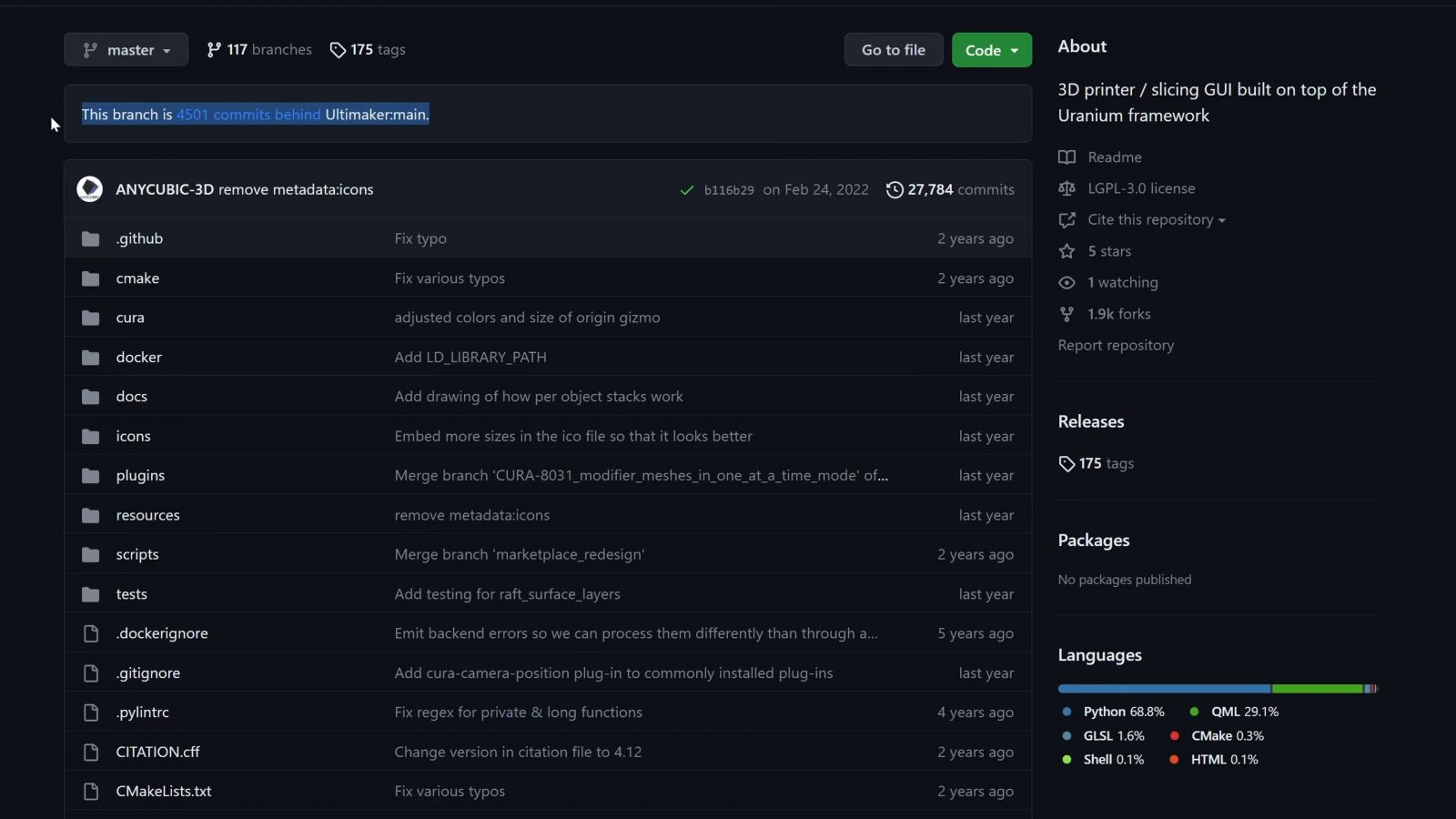
Unless there’s a meaningful contribution happening, it’s the same drip-feed situation again where the actual work is only being done by one side, not the other.
There are a couple of notable cases where open source does seem to work, inside and outside the 3D printing community. Probably the most well-known example would be GNU/Linux – a completely free/libre operating system toolkit that runs on Billions of devices these days, from smartwatches to supercomputers. GNU/Linux has always been free/libre and because it’s so robust and flexible, there’s not much of a market to establish competing non-open source solutions. MacOS and Windows were already well established when the Linux kernel was first released in 1991.
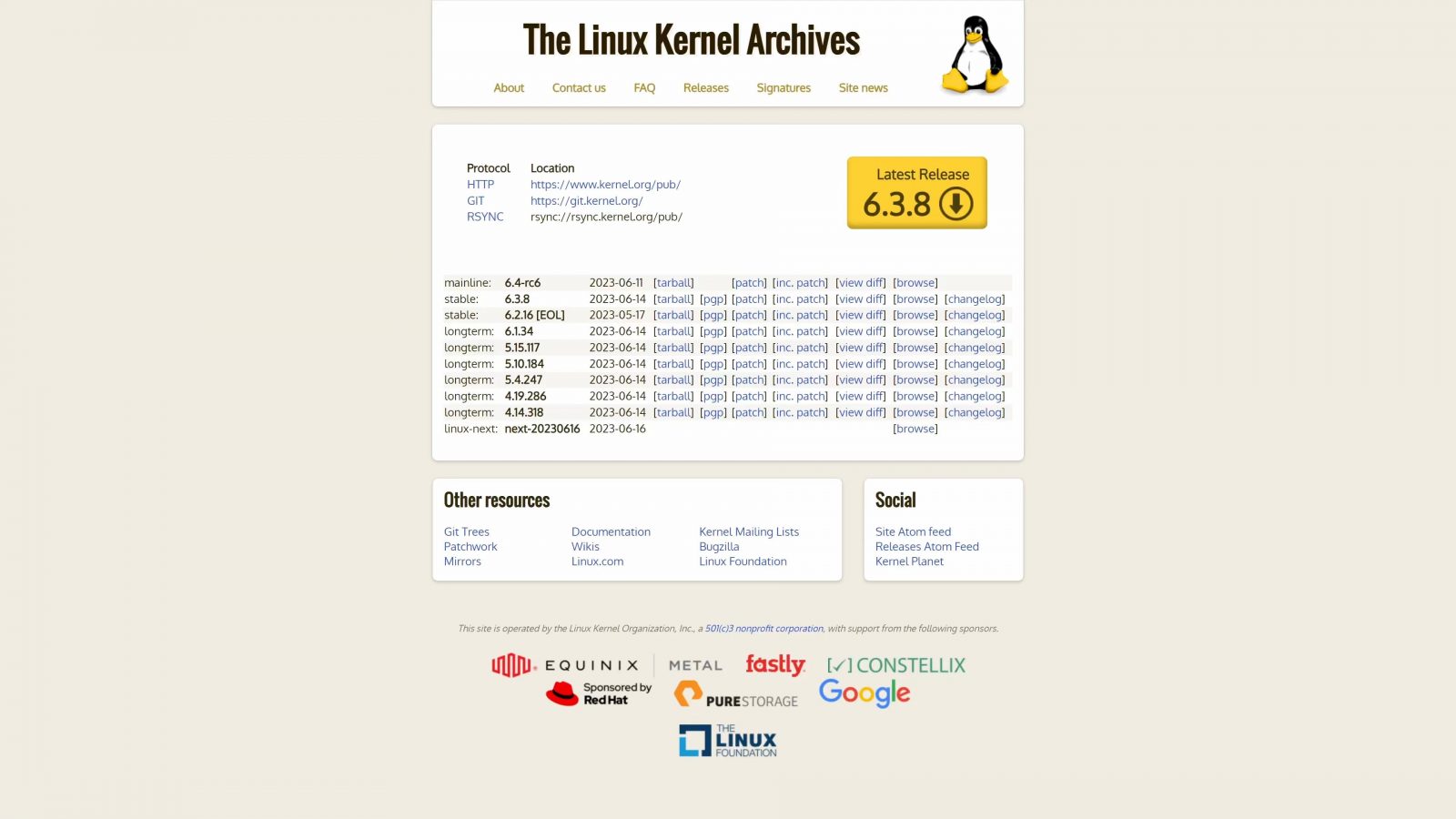
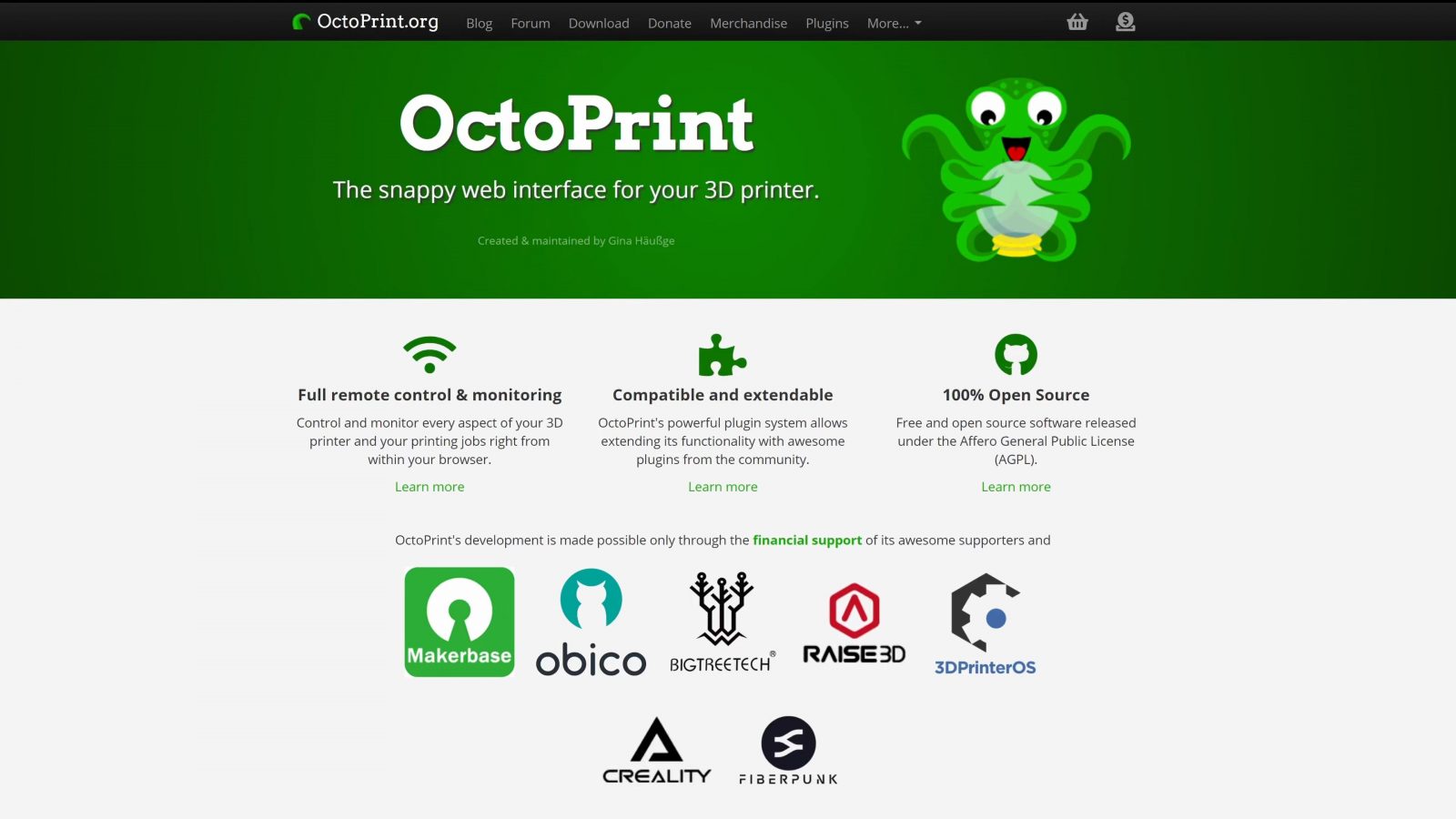
OctoPrint I guess works because it’s such a robust brand name, and with the plugin ecosystem built around it, there’s not much reason to use anything else.
In the same way, Marlin, Klipper, PrusaSlicer, and Cura are platforms that have become so good that anything proprietary simply is going to be worse than using the real deal.
But that doesn’t mean they are not being taken advantage of. Klipper, Marlin, and OctoPrint are software that depends on sponsors – the more their code and therefore their work gets siphoned away, the less visibility they end up with, which means fewer sponsors, and in the end, less viability for them to maintain their projects. Yes, these are free software projects, but they have all long outgrown the “spend two hours on the weekend on it for fun” sort of stage.
This is a balance on a razor’s edge. These projects only work because people and companies voluntarily support them or in the case of PrusaSlicer or Cura, because anyone buying a printer from Prusa or Ultimaker also involuntarily pays for the development of these tools, which then get shared with everyone else.
What I have learned over the years is that only a handful of people buying 3D printers care about whether what they are buying supports or exploits the developers whose work they need to run their machines. I can’t blame anyone for that. After all, what difference is a single purchasing decision going to make, right? This is something that is a task for people like me, who have a bit of visibility, to raise awareness, maybe Creality didn’t develop the input-shaping firmware of the K1 from scratch, but instead, they just used Klipper without giving anything back to the developers or even acknowledging that they were using it at all.
But on the other hand, it is disheartening to see that even when I called out cases where manufacturers were mistreating the people whose software and tools they were using, or on the other hand, I was praising other manufacturers for doing things the right way, I didn’t notice people caring too much either way. Getting a fantastic deal on a brand new shiny 3D printer seems to be more than make-up for supporting a system that is anything but sustainable.
And on the same token, there are still plenty of more visible folks than me who won’t even make these considerations when recommending a printer. Though shoutout to those who do.
I wish I could see open source as something that works and is going to keep on working.
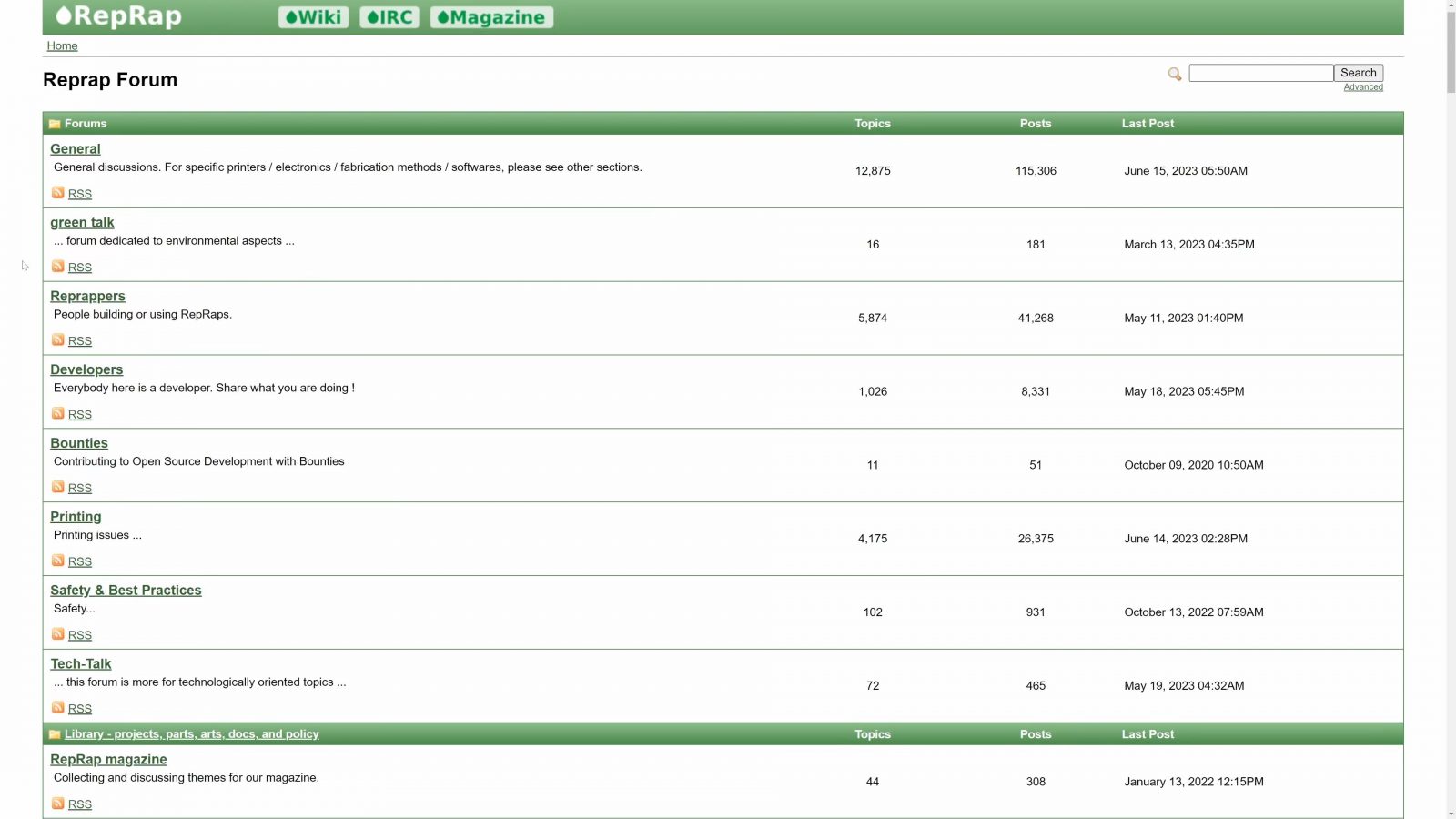
It did already work marvelously in the early days of RepRap and because everyone was sharing everything, we saw such rapid development from scratch, from nothing. But now that almost all parties involved either have projects that are so big that they need some sort of funding to even maintain them, like Marlin and Klipper, or they are straight-up companies that are directly competing on a cutthroat market, I just don’t see how giving away your work and your knowledge while charging your customers for that luxury is something that any company is going to be able to afford much longer.
From the business side of things, it just makes sense to keep what you develop to yourself. First MakerBot, then Slice Engineering and, to a lesser degree, WhamBam, maybe Ultimaker, they took the biggest shitstorm for patenting their products, but a couple of years later, people have become used to their stuff being proprietary and patented, and when E3D released their locked-down Revo, I don’t think many people looked twice at how far they had strayed from the original RepRap ideas. I would even say that patents have worked out really well for E3D. My last video was about the Revo High Flow nozzle, which uses licensed technology from Bondtech / 3DSolex, and the fact Bondtech would never be allowed to produce their own High Flow CHT nozzle for the locked-down Revo platform, I’m pretty certain that put E3D in a much more advantageous position for negotiating that licensing deal.
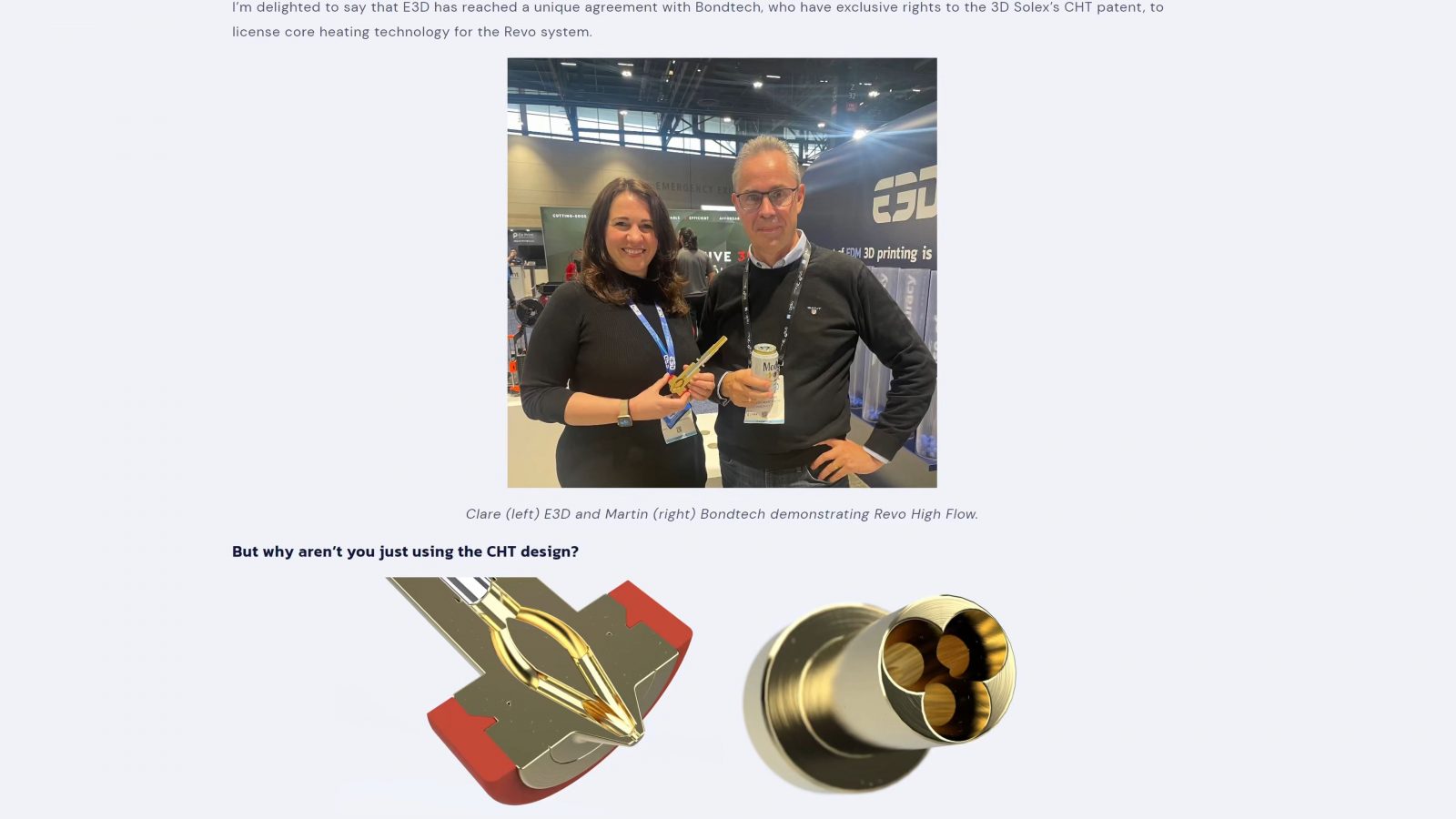
You know, either give us terms that we like or kiss the idea goodbye of getting your signature tech onto our new, hot platform that we are pushing so hard.
They even got the notorious parts cloner Biqu to pull a 180 and now use genuine E3D Revo parts. If that’s not a huge win for them because of their patents, then I don’t know what is.
And again, I can’t blame companies for doing this. They are a business. The primary goal of any business, by law, is to create value for shareholders. And that’s what they are doing.
I don’t like this new reality, but I can understand Slice Engineering, WhamBam, E3D, Bambu Lab, Ultimaker, 3DSolex, MakerBot patenting their products, and making it very clear that they will viciously enforce them. Unfortunately, it just seems like that is what you need to do these days to stay ahead.
On the other hand, I don’t see how the current market is going to be sustainable for the open-source projects that we have, like the firmware that everyone is using and depending on, or even for companies that put significant effort into the tools that they then make open source. Yes, like Prusa. I don’t know how much longer they will be able to sustain their path of sharing their stuff as open source, and whether they will be able to make that call in time.
Aleph Objects, who were super committed to sharing everything, already had to sell their business to a venture capital firm in 2019. The printer business still exists, but the original company does not anymore.
I’m afraid that the golden days of sharing and collaboration in 3D printing might just be over.

Yes, specifically the *expiration* of that one core patent on FDM 3D printing is what allowed the DIY 3D printing scene to flourish in the first place, and along with it, everything that is tangential to the entire “digital fabrication” theme, but it might just be that we will need to go full circle on this.
Okay, so going into writing this script, I thought this would be much more of a “devil’s advocate” sort of thing, but honestly, this is more of a real issue than what you can joke about.
Do you care about your products supporting open source? Do you care about them respecting the licenses of the software they use? And is it something that you will factor into your purchasing decisions?
As always, thank you for watching, keep on making, and I will see you in the next one.
💙 Enjoying the videos? Support my work on Patreon!
Product links are affiliate links – I may earn a commission on qualifying purchases (at no extra cost to you)

Check out my second channel “More Layers” on YouTube for livestreams
